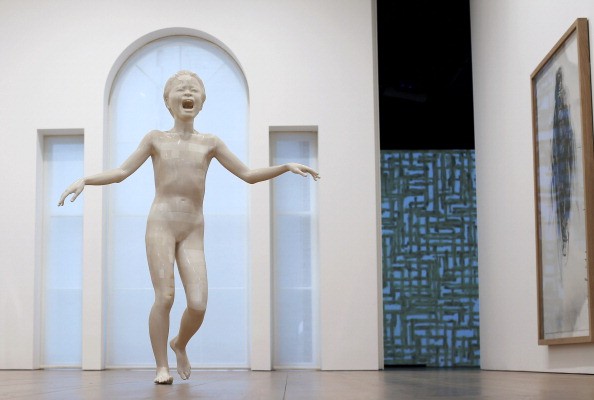A month-long protest in Norway instigated Facebook to lift their ban on famous Pulitzer prize winning photo of a naked girl screaming after a napalm attack in Vietnam War of 1972.
In a recent turn of events, Facebook was heavily criticized for deleting the iconic "Napalm Girl" photo from Facebook based on child nudity rules. However, this image was an iconic Pulitzer prize winning photo of a naked girl, running on the streets from a napalm assault, as Vietnam is attacked amid 1972 war. This image is one of the most famous war photographs in history.
Facebook spokesperson said in a statement that they understand that the historical importance of this image is far more crucial and that it has much more value in sharing than removing it from the platform. Hence, the company has agreed to reinstate that image, Fox 61 reported. Facebook also added that the image will become shareable "in the coming days."
The incident was sparked after a Norwegian author, Tom Egeland, posted some exemplary historic war photos on his Facebook page. However, the famous social network removed the famous photo of Vietnamese girl, Kim Phuc, captured running unclothed through the streets as napalm melts away her skin. But when Egeland reacted to the photo's deletion, Facebook suspended his account too.
However, the revolt took turn for the worse when the same image was also deleted from Norwegian Prime Minister, Erna Solberg's account.
As the protests began to flare up, Facebook initially decided to stand by its decision on the grounds that it is hard to bend the child nudity rules in one case and not others. However, after much censure, the social network giant decided to keep the image and permit its sharing, CBC News reported.
The photo in question was clicked by an Associated Press photojournalist, Nick Ut, that earned him a Pulitzer prize. The image garnered favorable reviews as it was a stark depiction of what war does to innocent lives. Even though the photo is graphic in nature, it has been single-handedly responsible for changing public sentiment in US against Vietnamese War.



























